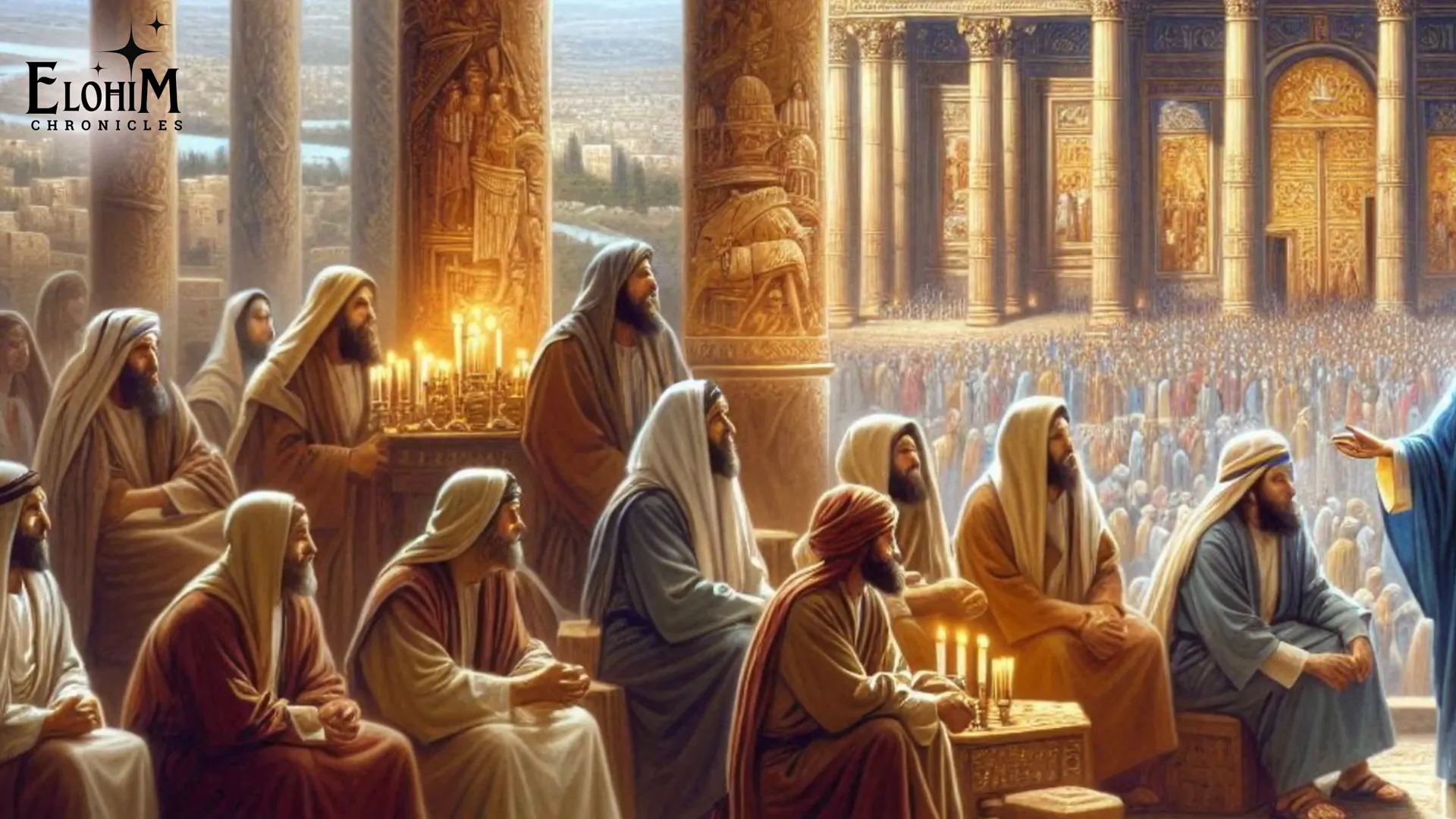The question of why the Jewish people largely do not accept Jesus as the Messiah is a topic that stirs deep theological discussions. Despite the significant following that Jesus garnered during his lifetime and beyond, many Jews continue to anticipate a future Messiah who will fulfill the prophecies outlined in the Hebrew Scriptures. This blog post delves into four major reasons for this divergence in belief, drawing on historical and theological perspectives.
1. Unfulfilled Messianic Prophecies
One of the primary reasons Jews do not accept Jesus as the Messiah revolves around the belief that he did not fulfill the Messianic prophecies outlined in the Hebrew Scriptures. Christians often assert that Jesus fulfilled over 300 prophecies, yet Jews argue that if he failed to meet even one, he cannot be the promised Messiah. This perspective invites a closer examination of specific prophecies that many Jews believe Jesus did not fulfil.
Prophecy 1: Rebuilding the Temple
The first prophecy in question is found in Ezekiel 37:26-28, which predicts the rebuilding of the Temple. Jews expect the Messiah to restore the Temple, which is central to Jewish worship and identity. When Jesus walked the Earth, the Temple was under construction by Herod, and it was not completed until just before its destruction by the Romans in AD 70. Jesus responded to this expectation in John 2:19-21, where he stated, “Destroy this temple, and I will raise it again in three days.” However, this interpretation—viewing Jesus as the true Temple—does not align with Jewish expectations for a physical Temple in Jerusalem.

Prophecy 2: Gathering the Jewish People
The second prophecy revolves around Isaiah 43:5-6, where the Messiah is expected to bring all Jews back to Israel and restore the nation’s independence. Jesus did not accomplish this task during his ministry and showed little interest in doing so, focusing instead on the inclusion of Gentiles into the spiritual Kingdom of God, as noted in Matthew 8:11. This raises questions about whether the prophecy pertains to the physical return of Jews to their homeland or a broader spiritual inclusion.

Prophecy 3: World Peace
Finally, Jews look to Isaiah 2:4, which envisions an era of world peace, a time when nations will not lift swords against one another. The expectation during Jesus’ time was for the Messiah to defeat the Romans and usher in a reign of peace. However, this did not occur, leading many to believe that Jesus did not fulfil this prophecy. Christians, on the other hand, interpret peace as a spiritual reconciliation with God, as stated in Romans 5:1. This divergence in interpretation further complicates the discussion.

2. Personal Qualifications of the Messiah
Another reason Jews reject Jesus as the Messiah is based on personal qualifications. These include being a prophet, being a descendant of David, and observing the Torah. Each of these attributes is essential in the Jewish understanding of the Messiah.
Descendant of David
Jews emphasize the importance of being a descendant of David as a requirement for the Messiah. While Christians believe in the Virgin Birth, Jews argue that if this is true, then God would be Jesus’ father, disqualifying him from being a son of David on his earthly father’s side. The concept of adoption is introduced here, referencing Genesis 48:5, where Jacob adopted Joseph’s sons, Manasseh and Ephraim. If Joseph had adopted Jesus, he would have been legally considered a descendant of David.

3. Misapplication of Old Testament Verses
Jews also contend that the verses Christians cite to support Jesus as the Messiah are often misapplied. A notable example is Isaiah 53, which Christians traditionally interpret as referring to Jesus’ suffering and crucifixion. In contrast, Jews argue that this chapter addresses the collective suffering of the Jewish people, particularly in the context of exile and redemption. They assert that the shift from plural to singular terms in the text indicates a change in focus from the nation of Israel to an individual.

4. National Revelation vs. Personal Revelation
Finally, Judaism is based on a national revelation, whereas many other religions are rooted in the experiences of individuals. At Mount Sinai, millions of witnesses received God’s commandments, establishing a collective covenant. This national experience contrasts with the belief that Jesus initiated a new religion. Jesus himself stated in Matthew 5:17-19 that he did not come to abolish the law but to fulfil it, highlighting the continuity between Judaism and his teachings.

Conclusion
As we explore these four reasons—unfulfilled Messianic prophecies, personal qualifications, misapplication of Old Testament verses, and the distinction between national and personal revelation—it becomes evident that the Jewish rejection of Jesus as the Messiah is deeply rooted in theological interpretations and historical contexts. This divergence highlights the complexities of faith and belief. Ultimately, what individuals choose to believe about Jesus is profoundly important, but it is essential to seek the truth, even if it challenges existing beliefs.
We invite you to join the conversation. Do you think the Jewish people are justified in their rejection of Jesus as the Messiah? Share your thoughts in the comments below!
For further exploration of these topics, don’t forget to check out the Elohim Chronicles – YouTube channel, where you can find more insights into faith and biblical teachings.



